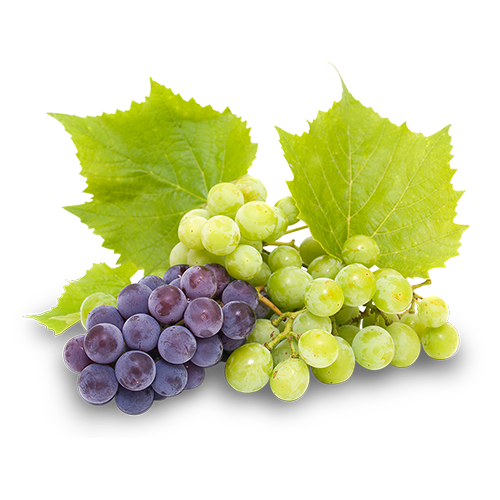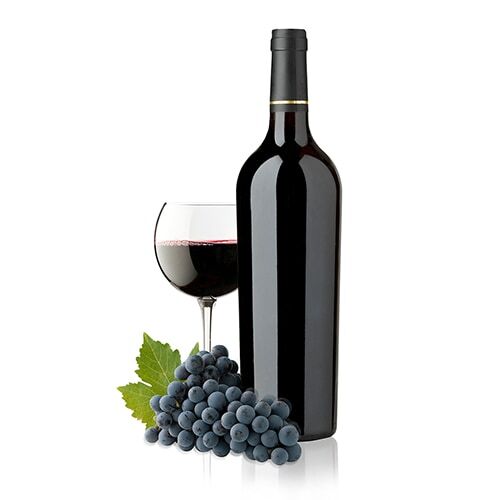First established by Rudolf Steiner in 1924, biodynamics is a set of farming practices that follow more philosophically based guidelines than those of conventional farming. It essentially uses a foundation of organic farming methods, such as the exclusion of artificial chemicals, and builds upon these. For example, specially crafted composts and herbal infusions are applied with rigor to vineyards. The movements and phases of celestial bodies are commonly used to determine the timing of key winemaking practices. Proponents swear by the methods not only as a means of producing superior wine, a moot point, but for sustainable farming, a more provable rationale.
CertificationDemeter is perhaps the largest and best known of the international certifying organizations, and they certify a broad range of agriculture products. Biodyvin is a France-based, lesser-known organization that specializes purely in wine production.


